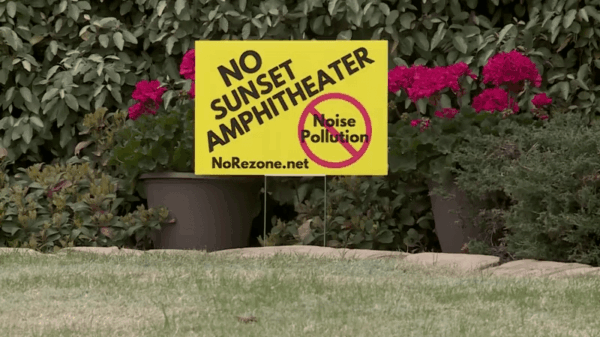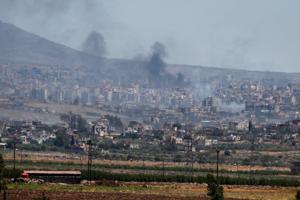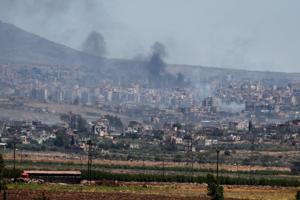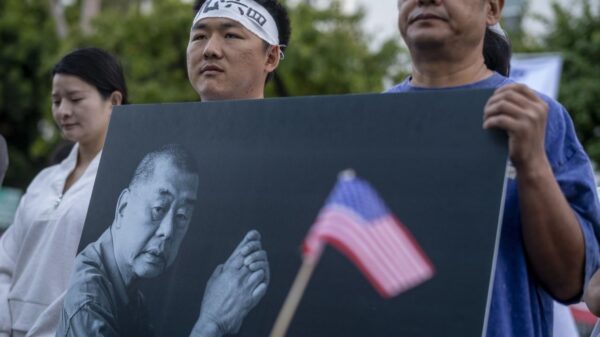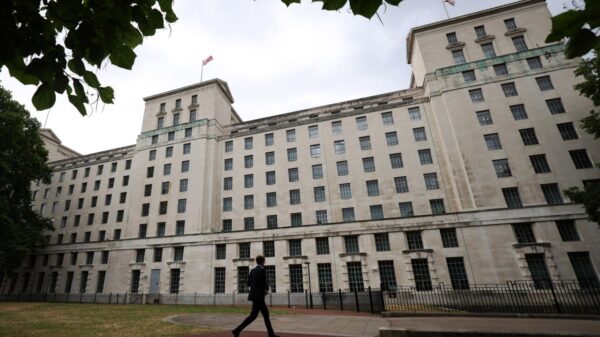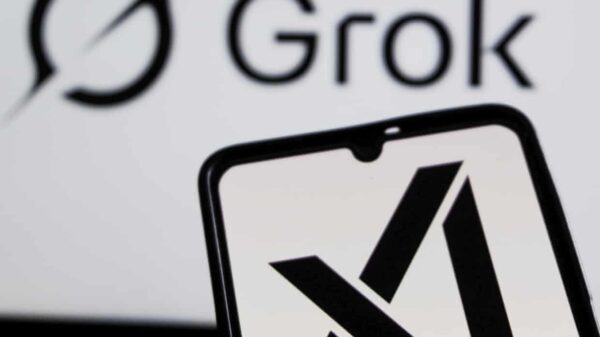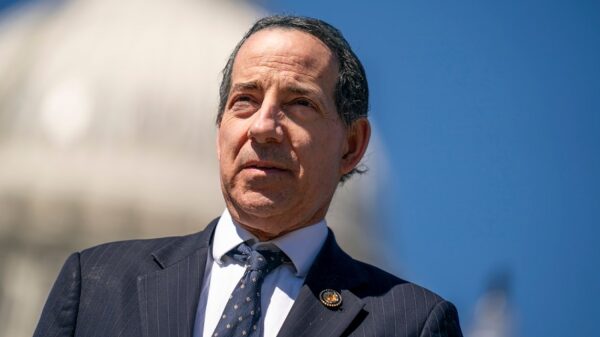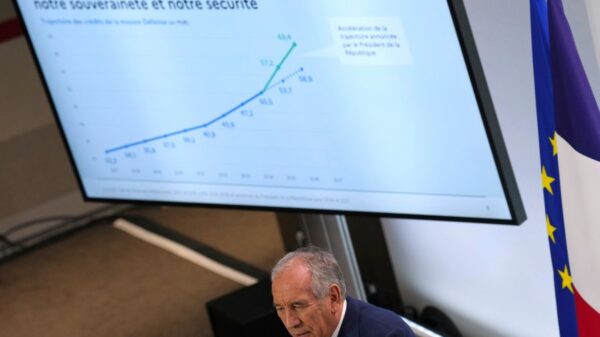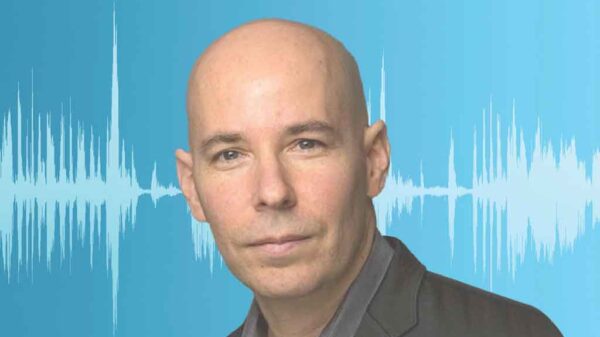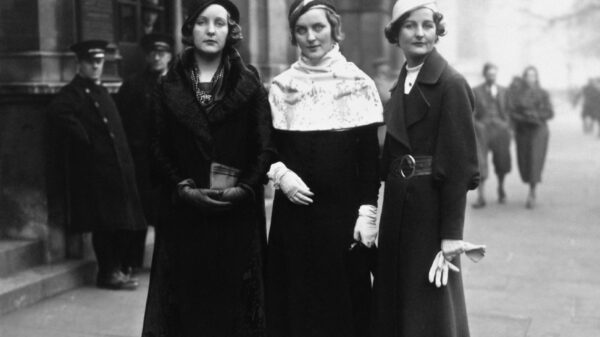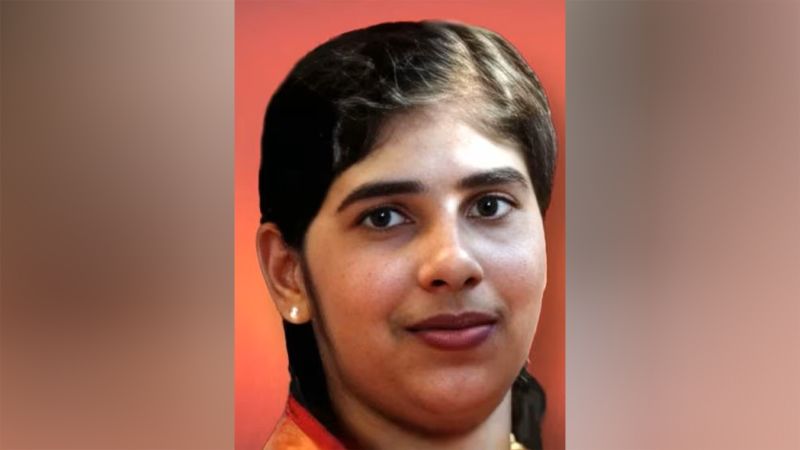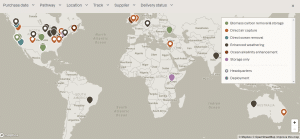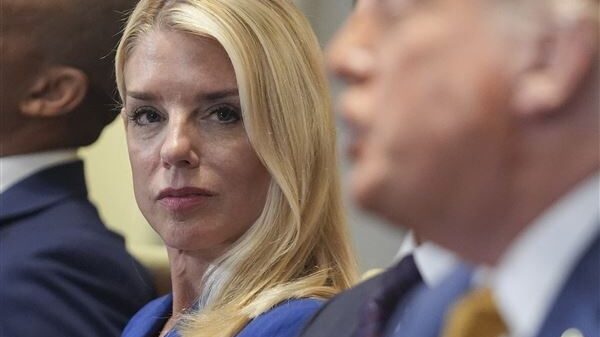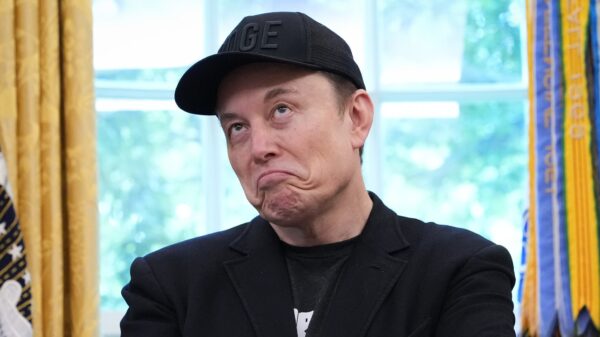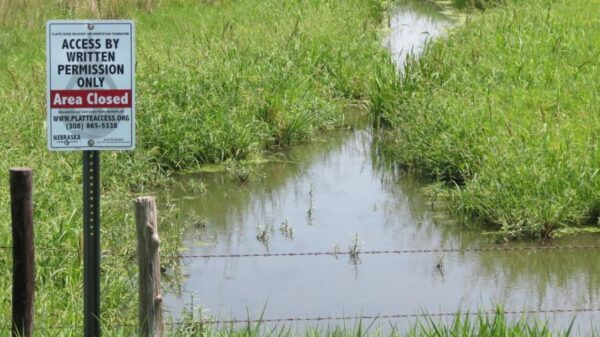Relatives of Indian nurse Nimisha Priya, sentenced to death in war-torn Yemen, are urgently seeking to halt her execution scheduled for March 6, 2024. Priya was convicted in 2020 for the murder of her former business partner, a Yemeni national, whose body was found in a water tank in 2017. Her family has been advocating for her release, a task complicated by the fraught political landscape and the lack of formal diplomatic ties between India and the Houthi-controlled area of Yemen.
The case has captured widespread attention in India, prompting significant media coverage and appeals from human rights groups. Amnesty International has called on the Houthis to impose a moratorium on executions and commute Priya’s death sentence. The organization stated, “The death penalty is the ultimate cruel, inhuman and degrading punishment.” The Houthi regime, which has been in control of Sanaa since the outbreak of Yemen’s civil war in 2014, has not yet responded to these appeals.
According to Samuel Joseph, a social worker assisting Priya’s family, her only hope for clemency lies in the victim’s family pardoning her after accepting a “diyah,” or blood money. Joseph remains cautiously optimistic about the negotiations, stating, “I am spirited by the efforts here, and by god’s grace, we got people who are helping.” He noted that the Indian government is directly involved in attempting to secure her release.
Priya’s family insists that she acted in self-defense against an abusive partner who withheld her passport. The trial was conducted in Arabic without a translator, raising concerns about the fairness of the proceedings. A group of activists, known as the Save Nimisha Priya Action Council, was established in 2020 to fundraise and negotiate with the victim’s family. To date, approximately 5 million rupees (nearly $58,000) has been raised for her legal fees.
Political leaders from Priya’s home state of Kerala have also taken notice. Pinarayi Vijayan, Kerala’s chief minister, recently wrote to Indian Prime Minister Narendra Modi urging intervention. He stated, “Considering the fact this is a case deserving sympathy, I appeal to the Hon’ble Prime Minister to take up the matter.”
The Indian Minister of State for External Affairs, Kirti Vardhan Singh, emphasized in parliament that the government prioritizes the welfare of Indians abroad and is providing all possible assistance in Priya’s case. He clarified that any consideration regarding her release lies between the deceased’s family and Priya’s family.
Priya’s journey in Yemen began in 2008 when she moved there in search of better opportunities for herself and her family. After working as a nurse, she opened a clinic in Sanaa in 2014, supported by her husband, Tomy Thomas. Despite the escalating violence and instability in Yemen, Priya chose to remain, hoping to secure a better future for her young daughter.
Yemen has been beset by conflict since the Houthi takeover, which has made the country increasingly dangerous for foreign nationals. As diplomatic relations with the Houthis are non-existent, India manages its affairs through its embassy in Djibouti, complicating efforts to provide direct support to Priya.
Amnesty International reported that Yemen is among the top five countries with the highest number of executions in 2024. They confirmed at least one execution carried out by the Houthis in the areas they control but noted that the actual numbers may be much higher.
Priya’s mother has dedicated herself to the cause, spending over a year in Yemen to facilitate negotiations and support her daughter. Her husband and child remain in Kerala, holding onto hope for her release. “My wife is very good, she is very loving,” Thomas said. “That is the sole reason I am with her, supporting her and will do so till the end.”
As the deadline for her execution approaches, the family continues to fight for her freedom with the support of activists and political leaders, highlighting the urgent need for international attention to this critical case.

